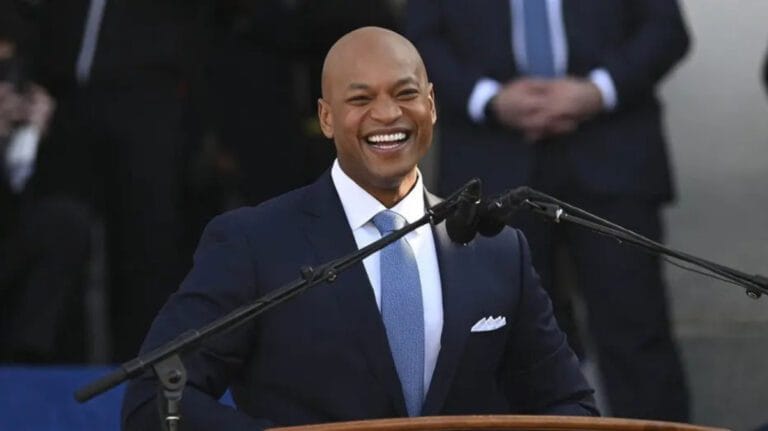🎧 Listen to This Article
Governor Wes Moore is pressing for tax relief for middle-class Marylanders as the state works to finalize its 2026 fiscal budget. With a tight deadline of April 7, lawmakers are rushing to finalize a $67 billion spending plan, which includes $2 billion in tax cuts and $1 billion in new taxes.
In a recent press conference, Moore emphasized the need for a tax break for middle-class families. “The middle class needs a tax cut, and we must give more breathing room to the middle class,” Moore stated. However, he avoided specifics on whether the current version of the budget offers meaningful tax relief.
The proposed tax cuts are modest. The income tax reductions will benefit approximately 94% of Maryland taxpayers, with most seeing a reduction or no change. However, higher earners, those making $500,000 or more, will face higher taxes due to the creation of two new tax brackets. These changes are a far cry from Moore’s original proposal, which had included more substantial cuts.
The budget also features several new taxes, including a tax on IT and data services, which could impact both consumers and businesses, as well as a sales tax on vending machine purchases, a rental car tax, and higher vehicle registration fees.
Moore’s original proposal also included a corporate tax cut, which was removed by the House. The governor had aimed to reduce the corporate rate from 8.25% to 7.99% over two years, but the House rejected this cut while adopting combined corporate income tax reporting.
Despite these adjustments, the governor remains firm in his belief that his tax plan is essential for Maryland’s economic future. “This is about making Maryland more economically competitive,” Moore asserted in a separate meeting with reporters.
Critics, including Senate Minority Leader Stephen Hershey Jr. (R-Upper Shore), argue that the small income tax cuts are outweighed by the numerous tax hikes in the budget. According to Hershey, the overall effect of the budget could be a “net increase” in taxes for many Maryland residents.
Opposition has also emerged over a new sales tax on data and IT services, expected to generate $500 million for the state. Moore had initially opposed this tax but reached a deal to implement it across both businesses and consumers. Critics, including Delegate Mark Fisher (R-St. Mary’s), have warned that this will harm Maryland’s business climate.
Governor Moore dismissed these concerns, calling Fisher’s remarks “embarrassing” and “disappointing,” urging him to apologize for undermining Maryland’s reputation. He also defended the budget’s support for businesses, emphasizing that investments in the state’s economy would ultimately benefit both businesses and individuals.
Despite bipartisan concerns, the governor remains hopeful that the final budget will strike a balance between providing middle-class relief and securing Maryland’s long-term economic stability.
For further details, clarification, contributions, or any concerns regarding this article, please contact us at editorial@tax.news. We value your feedback and are committed to providing accurate and timely information. Please note that our privacy policy will handle all inquiries



